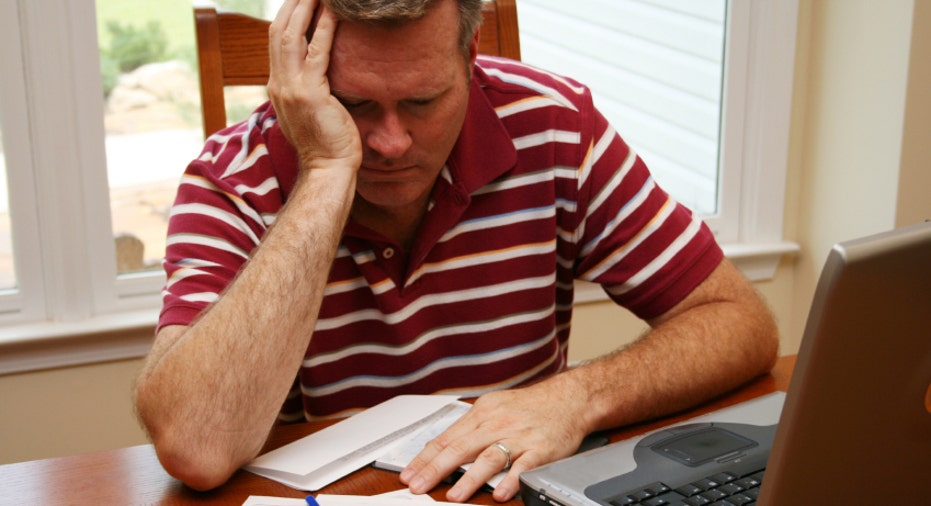Great Recession Made Investors Shaken and Stirred… to Do Better

I hate to be the one to throw a wet blanket on the euphoria with Wall Street hitting record highs last week, but I think it’s important we recall we were also celebrating on Oct. 9, 2007 when the Dow Jones Industrial Average hit a then record high of 14,164. That day was was followed by the worst collapse in the financial markets in 70 years and five months later the DJIA had lost more than half its value, falling to 6,443. It took another full year for stock market indices to begin to rebound.
The financial crisis was breathtaking in its speed and it triggered major layoffs, corporate and personal bankruptcies and massive amounts of government intervention and spending to try and stem its global reach. The economic turmoil was broad: it hammered not just stocks, but bonds and real estate values as well. any homeowners are still underwater as home prices have only recently started to slowly rise.
To put things in perspective, last Tuesday’s close of 14,662 on the Dow means we’re roughly 500 points above where we were five and a half years ago.
What Now?
So, after all that’s happened, what are investors thinking and feeling today? That’s what Fidelity Investments wanted to know when it launched a major survey to gauge how the attitudes and behavior of ordinary Americans were affected by the financial crisis. And the results are surprisingly positive.
“The study confirmed that the financial crisis really shook people up and forced them to take responsibility,” says Ken Hevert, vice president of retirement products at Fidelity. “I’m not saying that everyone is ready to jump back into the market, but that individuals have learned over the past five years that there are steps they can take to have more control over their personal finances.”
Two-thirds of those surveyed said that when the financial crisis started they felt scared or confused. What's more, 17% reported the main breadwinner in the family lost his/her job. Almost half reported that when conditions were at their worst, the value of their household assets had fallen as much as 34%.
The Great Depression II Wake-Up Call
According to Hevert, in reaction to the financial crisis, people “took a step back. They discussed things with a family member or financial professional and looked at what are the small steps that over time will start to add up?”
Today, more than half surveyed said the experience caused them to change both their attitudes and behavior about money and investing. Nearly three-quarters report they have reduced their debt load, and two out of five have built up their emergency fund while 40% say they increased their retirement savings. And, not surprisingly, two-thirds are more interested in products that offer a guaranteed income stream in retirement.
“They understand,” says Hevert, “that while their gut says, ‘I can’t take risk,’ investing is a long-term proposition and they need a mix of bonds, stocks and cash.” In addition, “more individuals are thinking about personal debt, realizing they have to pay down higher interest debt. [They’re] putting an emergency fund in place, creating a personal savings hierarchy.”
While Hevert says he wasn’t surprised to see some of these changes, the determination people expressed was extremely positive. More than half of those surveyed said they were no longer “scared or confused” and now felt “prepared or confident.” And 80% of this group say the financial changes they made to cope during the recession have become permanent and theses changes cross all age groups.
The Silver Lining?
If the financial tumult of the past five years did, in fact, cause a significant number of individuals to become more knowledgeable about investing and more responsible in the way they handle their finances, this would be extremely positive- both for those individuals as well as the economy in general.
But what about the 40% who still describe themselves as “scared and confused” by the financial crisis? Hevert suggests mirroring the behavior of those who feel more in control of their financial lives today:
“Save more in a retirement account. Talk with someone about your asset allocation. Live without some things for awhile. Having an emergency fund isn’t a burden. The burden is having an unexpected event.”



















